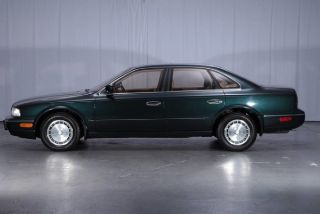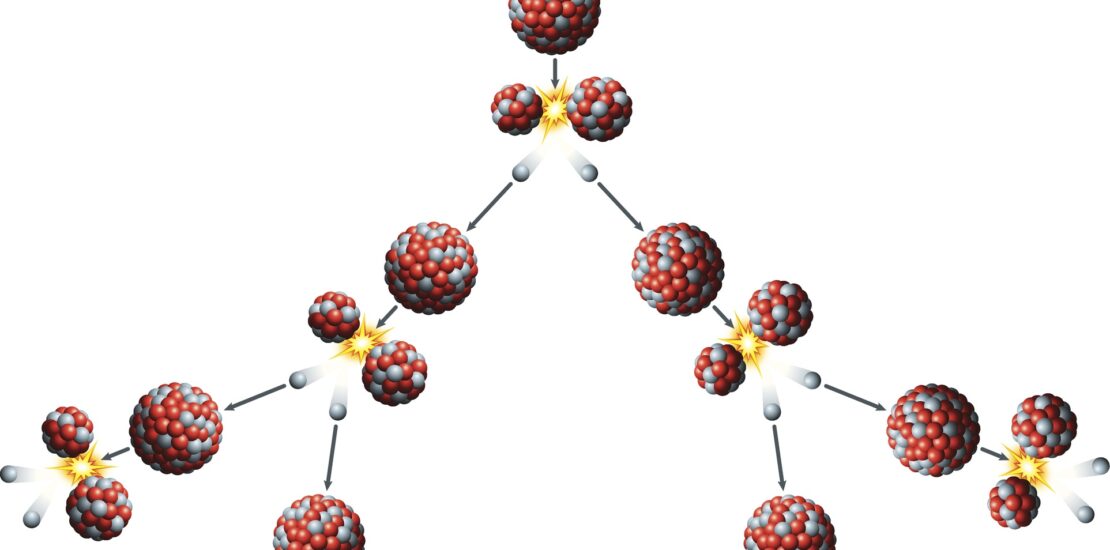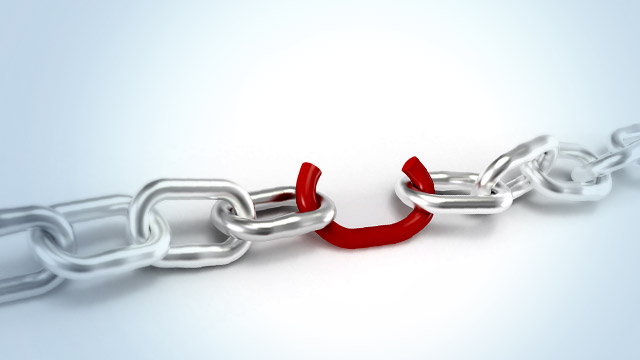Need for Approval
-
How to Hire the Right Salespeople Using This Jeep vs. Infiniti Analogy
- October 7, 2022
- Posted by: Dave Kurlan
- Category: Understanding the Sales Force

Usually, the overall score, relative strength of a candidate’s capabilities, and recommendation are more important than any specific scores. Usually. But with the assessment of Mary, it was an entirely different story.
Let’s review the scores and findings from Mary’s OMG Sales Candidate Assessment. She had really good scores. Really good. Her Sales Percentile was 82 so she was stronger than 82% of the salespeople in the world. So was OMG wrong? Why did the company hire her? Why did she fail?
-
The 21-Day Solution for the Toughest Sales Weaknesses
- April 5, 2019
- Posted by: Dave Kurlan
- Category: Understanding the Sales Force

I wrote a popular article called, How the Rubber Band Sabotages Sales Performance. That article discussed six competencies specific to Sales DNA and the impact those six have on performance when they appear as weaknesses. At the end of last week’s article, I promised to introduce a solution to you within a week and true to my promise, the solution follows.
-
New Data Shows How Relationships and the Need to be Liked Impact Sales Performance
- June 4, 2018
- Posted by: Dave Kurlan
- Category: Understanding the Sales Force

In my most recent article, I shared data that showed a chain reaction would occur when salespeople have more than one major weakness in their Sales DNA and the second major weakness is their tendency to become emotional. As a trigger, the first major weakness causes the salesperson to become emotional, at which time their listening skills become compromised.
That article can be found here and as of this writing nearly 6 dozen LinkedIn subscribers have contributed some very insightful comments here. Their comments inspired me to dig even further and look into the correlation between relationship building that salespeople do and their need to be liked. In this study, even I was surprised by what I found!
-
New Data Shows Sales Weaknesses Cause Powerful Chain Reactions in Salespeople
- May 30, 2018
- Posted by: Dave Kurlan
- Category: Understanding the Sales Force

I have written extensively about Sales DNA over the years and today we will view Sales DNA from the perspective of sitting inside of a chemistry lab.
Sales DNA is the combination of strengths (or weaknesses) that support (or sabotage) the execution of sales process, sales strategy and sales tactics. Objective Management Group (OMG) measures and includes the 6 most powerful of those strands of Sales DNA in its 21 Sales Core Competencies. While I usually discuss the impact of these weaknesses, we have never conducted a lab experiment like this before!
-
Salesperson’s Terrible Reaction Part 2
- October 31, 2016
- Posted by: Dave Kurlan
- Category: Understanding the Sales Force

I posted a very short article where I discussed one salesperson’s reaction to a great sales role play. I received a number of emails telling me how helpful the video, story and lessons were.
The article highlighted Self-Limiting beliefs or negative self talk. Today we will take it a step further and discuss the other things that could have been at play – hidden weaknesses – and the interference they cause salespeople while selling to their prospects. Like chains, salespeople are only as strong as their weakest link…
-
Sales Assessment Findings and Cultural Differences
- October 12, 2012
- Posted by: Dave Kurlan
- Category: Understanding the Sales Force
I was in Istanbul this week, speaking to nearly 250 sales and business leaders. I learned that Turkey didn’t participate in the global economic crisis as they’re simply growing all the time. My audience wondered how cultural differences affect our assessment findings and seemed quite satisfied with the explanation. I’ll repeat it here.
-
2 Keys to Selling Success from Ann Romney and Chris Christie
- August 29, 2012
- Posted by: Dave Kurlan
- Category: Understanding the Sales Force
I have been delivering that message for more than 20 years, not to citizens who must vote for a candidate, but to sales leadership, sales management and salespeople who let their need for approval – their need to be liked – interfere with every facet of what they do.
-
Basketball and the Difference Between Sales Studs and Sales Duds
- May 14, 2012
- Posted by: Dave Kurlan
- Category: Understanding the Sales Force
I heard former NBA all-star and current ESPN basketball analyst, Bruce Bowen, talking about Kevin Garnett of the Boston Celtics. He characterized Garnett as one of the toughest competitors on the court, unlike some younger, very talented players who aren’t as competitive and don’t know how to close out games. He said the difference is that Garnett is trying to win while the less competitive players are trying to make friends.
I’ve been talking about Need for Approval being one difference between the elite 6% of salespeople and the bottom 74% of salespeople for years, but this is the first time I have heard of the affliction as a differentiator in sports. In one of my books – it was probably Baseline Selling – I discussed how it would play out if the pitcher had need for approval from the batter and vice versa.
Why is Need for Approval such a differentiator?
-
Salespeople Become More Effective Part 2
- September 10, 2010
- Posted by: Dave Kurlan
- Category: Understanding the Sales Force
Yesterday’s article discussed the possibility for salespeople to develop weaknesses AFTER being assessed and during the period of comprehensive sales training, coaching and development. Today, we’ll discuss some of the areas where you should see fairly early improvement, as well as the areas where you need to see it but may not.
-
The Secret – The Ancient Scrolls and its Impact on the Sales Force
- March 24, 2009
- Posted by: Dave Kurlan
- Category: Understanding the Sales Force
Since this book is not the Kabbalah itself, rather a Cliff Notes version, it tends to read more like a self-help book. It is far more powerful than a self-help book though as it points to a number of rules that will cause a transformation in one’s life.
Seven of the desired behaviors are consistent with the philosophies in Baseline Selling – How to Become a Sales Superstar by Using What You Already Know about the Game of Baseball as well as Objective Management Group’s Sales Assessments:

